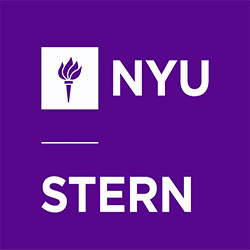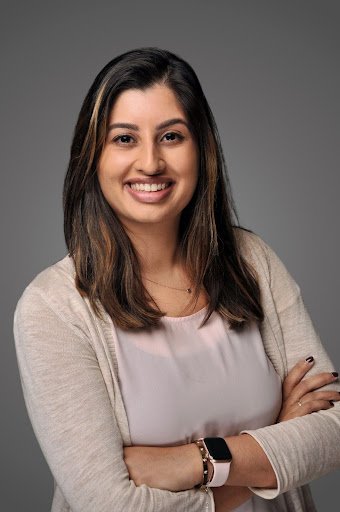 Nilesh Ramnani, CFA is a current Tech MBA student, specializing in Strategy, Product Management, and Entrepreneurship. Prior to Stern, Nilesh had his own consulting firm and has also worked in Investment Banking and Private Equity. At Stern, he is a board member of Private Equity and Venture Capital Club; Business Analytics Club; Graduate Marketing Club and Adventure Club and enjoys traveling and exploring different cultures and cuisines.
Nilesh Ramnani, CFA is a current Tech MBA student, specializing in Strategy, Product Management, and Entrepreneurship. Prior to Stern, Nilesh had his own consulting firm and has also worked in Investment Banking and Private Equity. At Stern, he is a board member of Private Equity and Venture Capital Club; Business Analytics Club; Graduate Marketing Club and Adventure Club and enjoys traveling and exploring different cultures and cuisines.
I was standing in the queue for the most adventurous Velocicoaster ride at Universal Park Orlando during my spring break. I asked my wife – Are you scared? She said, “yes I am, but it will be so much fun! The excitement and a bit of fear makes this adventurous.” Once we were on the Velocicoaster, we were thrown upside down four times and all the moves were unexpected. The start-up world is no different. You just need to find your own balance of facing fear, uncertainty and enjoying the ride. You are pulled in different directions and you need to find your own path.
Before joining Stern, I had experience working with many startups in India through my own consulting practice. But I wanted to get a deeper dive into the start-up ecosystem in the United States. That’s when I found the Endless Frontier Labs (EFL), taught by Professor Deepak Hegde. The course is a mix of lectures, working with a start-up and also meeting industry experts who mentor the companies in EFL.
I was paired with OPTT health, a company that is trying to solve some of the biggest challenges in the mental health care space in the US and Canada. We read a lot about telehealth companies trying to make mental health accessible to everyone, but the facts are shocking. 55% of adults (28 million people) in the US with a mental illness do not receive treatment. This is partly because mental health treatment is highly subjective and labor-intensive, and treatment outcomes depend mainly on the skill of the clinician. We need efficiencies in the system to enable doctors to treat more patients and OPTT is trying to do this using a proprietary algorithm to capture and analyze patient data. It plans to transform the treatment of mental health using machine learning and Artificial Intelligence.
I worked with founders Mohsen Omrani and Ali Omrani on the go to market strategy in the United States market. In our meetings with mentors, we identified a crucial goal: to develop a quantitative model that OPTT Health can use to effectively communicate its value proposition. I mapped out the patient journey and identified areas where OPTT can create value that could be quantified. Based on these findings, I developed a financial model to calculate the return on investment (ROI) for potential customers. OPTT plans to use this model to determine a suitable pricing strategy for the company, ensuring that the value they offer is commensurate with the price. My work will be used to communicate the value to all the stakeholders including customers, investors and partners.
Through EFL, I also learned a lot about other startups. We had multiple group sessions where we discussed the issues faced by EFL startups and brainstormed ideas to solve these problems. EFL provides a platform for students, mentors, and the EFL team, to discuss the problems startups are facing.
I think the EFL course gave me exactly what I was looking for. I got a flavor of the startup ecosystem in the United States and also learned frameworks to solve problems faced by startups.





























